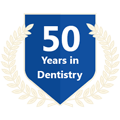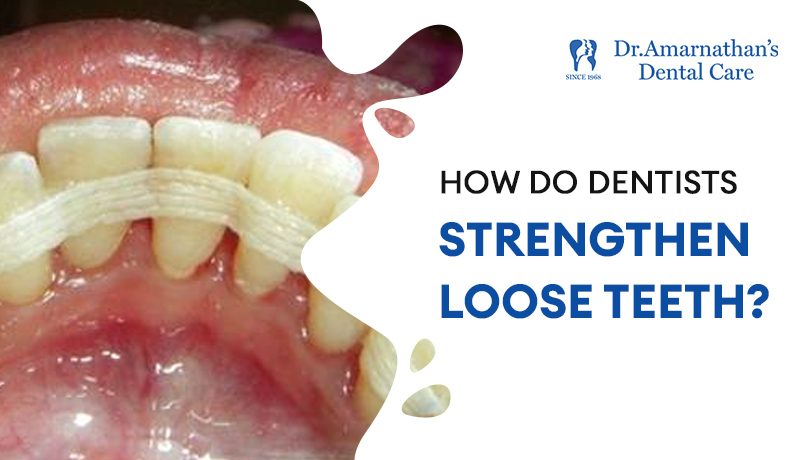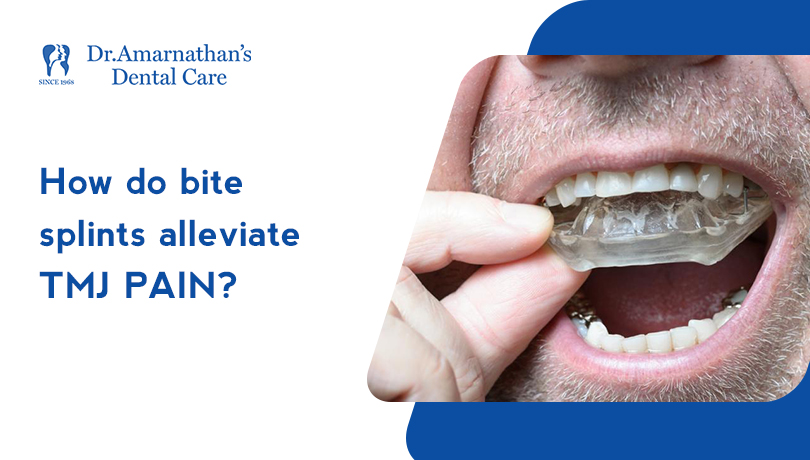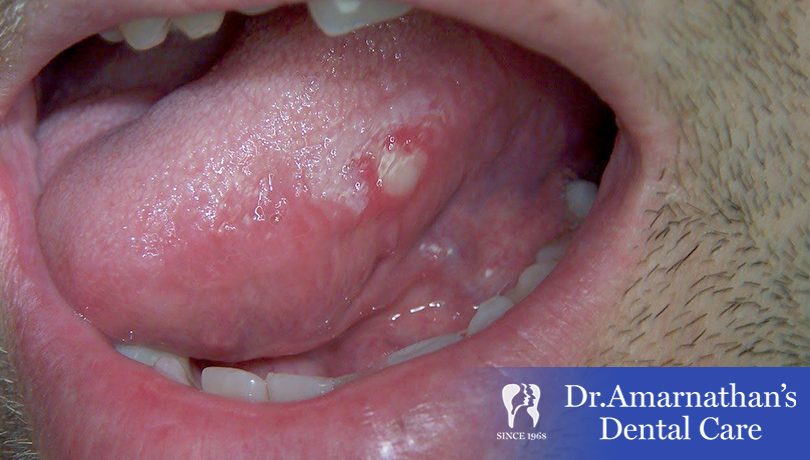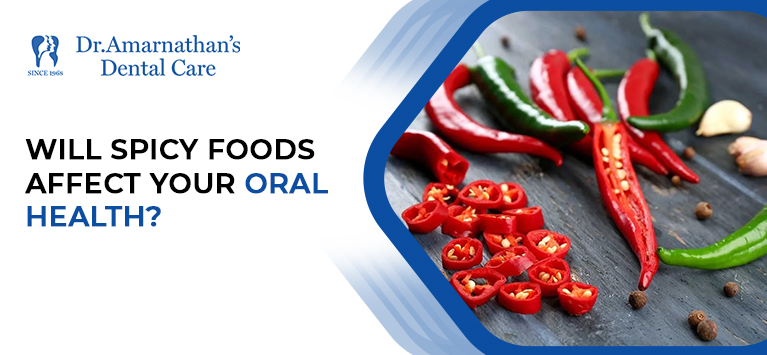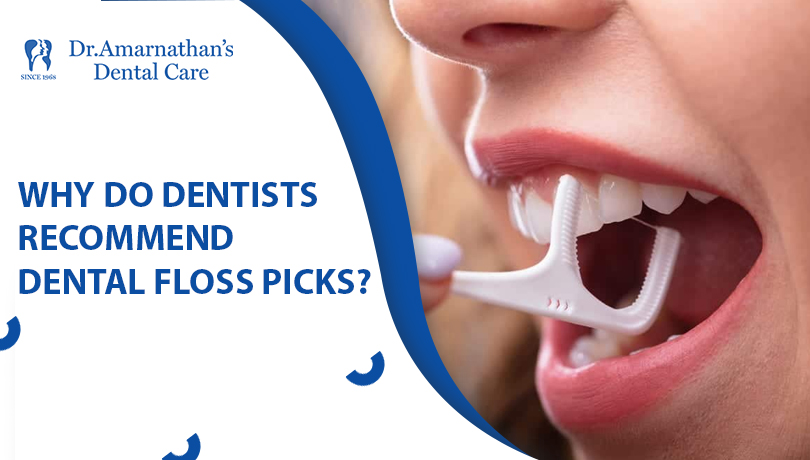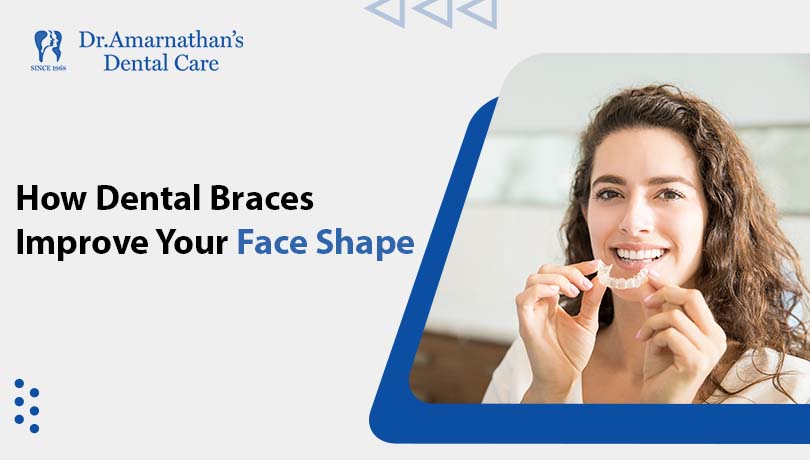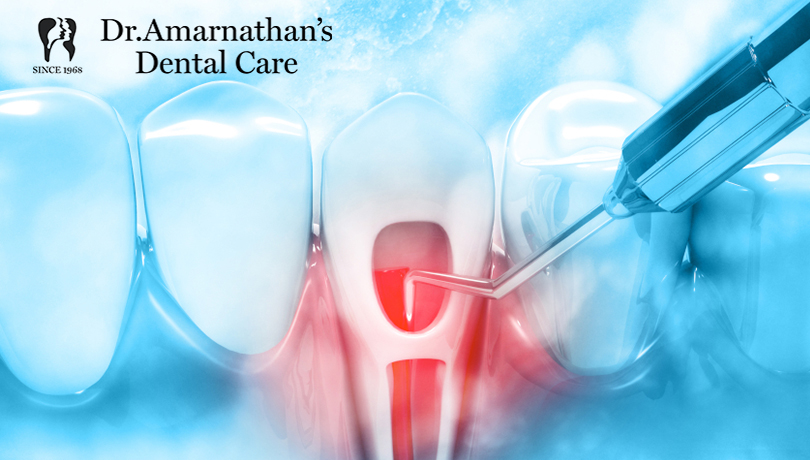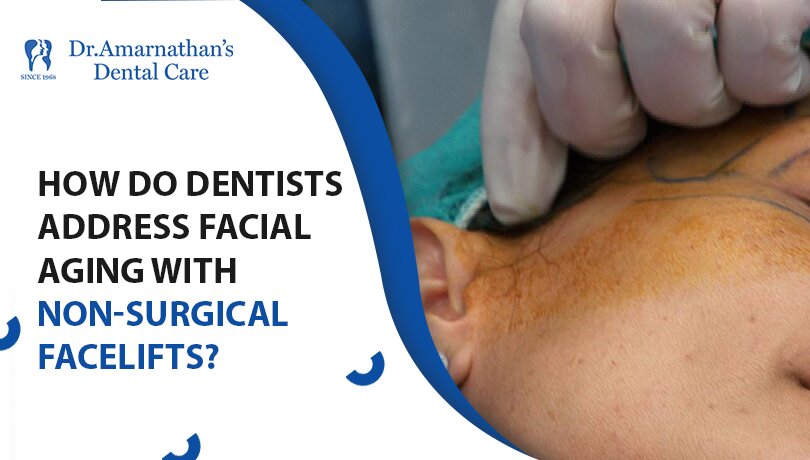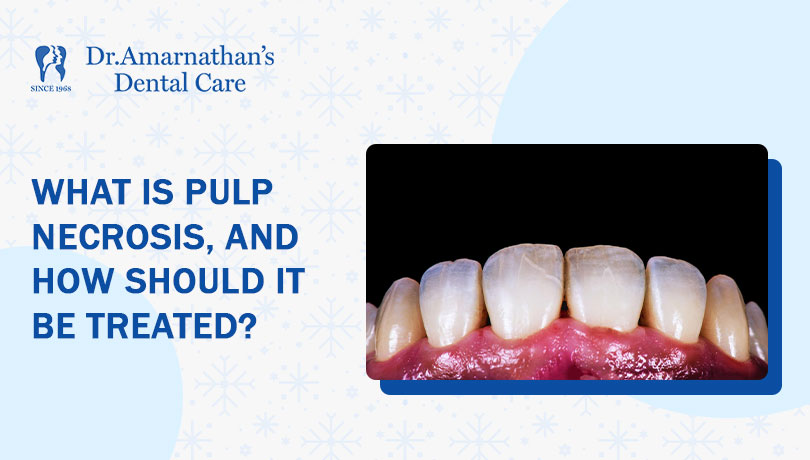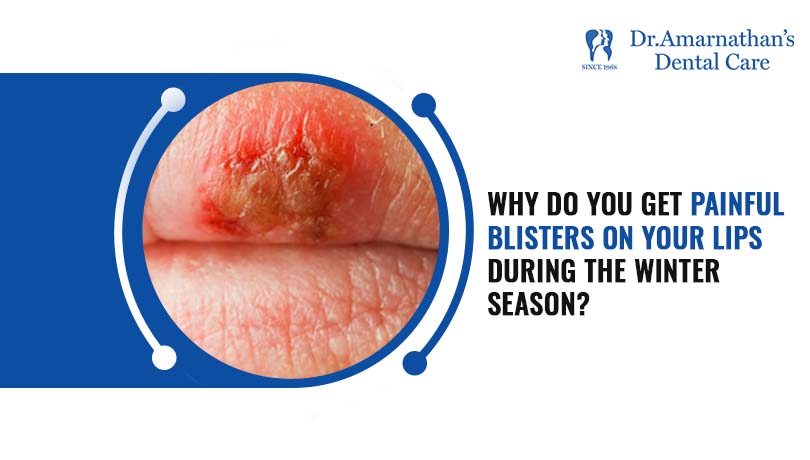
What is wrong with alcohol mouthwashes?
Dentists and Oral hygienists prescribe everyone to gargle their mouths with oral rinse (mouthwash) at least once every day. As mouthwashes are liquid products, the fluid can effectively dislodge particles in the areas that are hard to reach with toothbrush bristles. Moreover, oral rinses contain antiseptic agents due to which the fluid can wipe out the noxious microorganisms from our mouth efficiently.
Among the different kinds of mouthwashes like fluoride mouthwashes, cosmetic mouthwashes, natural mouthwashes, and others, few people prefer mouthwashes containing alcohol. Even though such alcohol mouthwashes benefit your oral care regimen, they have various damaging effects on your oral health.
In this blog article, our dentists have unveiled a few of those consequences.
How does alcohol in mouthwashes hurt your dental health?
Alcoholic beverages contain an organic chemical compound called Ethanol. As ethanol is easy to produce and contains antiseptic properties, it is used as a primary ingredient in certain mouthwashes. Apart from acting as a cleaning agent, the alcohol in mouthwashes acts as a solvent for ingredients and a preservative.
The composition of alcohol in mouthwashes ranges around 20% whereas liquors contain just 5 to 12% alcohol. Such high concentration of alcohol compounds is hard on parts of your mouth hence that the following problems will occur:
1) Mouth ulcer
If you had used alcohol mouthwashes, you would have noticed a burning sensation. It is because alcohol is powerful to damage the oral mucosa so that irritations inside the mouth occur due to long-term use of mouthwashes containing alcohol. Likewise, alcohol can absorb saliva quickly.
It causes dryness in the mouth and is followed by the proliferation of microbes. This eventually leads to dental dilemmas like mouth ulcers, bad breath, etc.
2) Creates bacteria imbalance
Needless to say, your mouth is a habitat of millions of bacteria. Similar to harmful microbes, there are some good bacteria in the mouth and they help in protecting teeth, freshening breath, and supporting the digestive process as well. Mouth rinsing with antibacterial mouthwashes will eliminate those healthy bacterial supplements along with bad bacteria.
It causes a bacterial imbalance which boosts the remaining bad bacteria to take over the mouth. As a consequence, plaque build-up, enamel erosion, inflammation in gums, and even tooth loss will occur.
3) Damage the dental restorations
Besides staining the teeth, alcohol compounds are powerful to erode the teeth’ enamel. Similarly, alcohol substances have softening effects on dental restoration materials like dental fillings, dental crowns and bridges.
We have seen many cases in which dental fillings get loosened for alcohol mouthwash users more quickly than alcohol-free mouthwash users.
4) Increase the risk of oral cancer
You should gargle your mouth with an oral rinse for at least 2 minutes to eliminate microbes, stains, and food debris. Researchers found that alcohol-based mouthwashes enhance mucosal penetration and introduce a large number of carcinogens when you gargle with alcohol mouthwashes for more than 60 seconds.
Carcinogen is a substance or organism that promotes the growth of tumor cells. In simply, long-term usage of mouthwashes with alcohol stimulates the growth of oral cancer.
5) It is bad for people with disorders
The medications taken to get rid of some bodily disorders have mild havoc on the victim’s mouth. Dry mouth, bad breath, burning sensation in the mouth are some instances. People who are getting radiation therapies, treatments for diabetes, and other systemic diseases encounter such oral irritations.
Dental doctors advise such people to prefer alcohol-free mouthwashes.
It is because the alcohol substances in mouthwashes boost the pathogens responsible for the underlying disease. It might exacerbate the disease as well as provoke various dental dilemmas.
Bottom line
To say a long story short, all mouthwashes are not created equally. Each one has its effect on your teeth and gums. However, mouthwashes that contain alcohol hold some adverse effects on the oral cavity as those oral rinses contain around 20% ethanol which is also used as an additive in household cleaners and beauty products.
Hence it is better to replace alcohol mouthwashes with fluoride mouthwashes, natural mouthwashes, or others that are devoid of alcohol. If you are adamant about using alcohol-based mouthwashes, consult your dentist and get the essential precautionary tips to safeguard your dental health.

